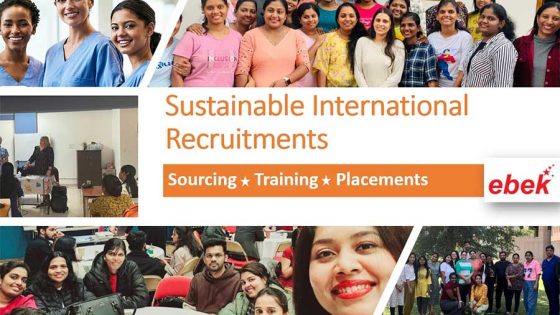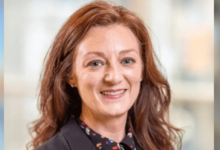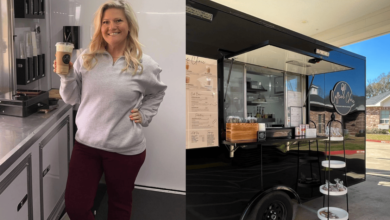Building sustainable international recruitment pathways

The UK has been facing an ongoing shortage of nurses in its healthcare system over the last few years.
There are three primary reasons for this shortage:
- An ageing workforce;
- An ageing population;
- The impact of the Covid-19 pandemic.
Source countries
To address this shortage, the UK is employing international nurses from South Asia, South East Asia and Africa. Specifically, India and the Philippines contribute the majority of the nurses immigrating into the UK for work.
Although the above countries have an abundant number of nurses willing to emigrate to the UK, the primary hurdle for these candidates is to clear the English language assessments such as the Occupational English Test (OET) and International English Language Testing System (IELTS).
Current recruitment process
NHS trusts and their framework recruitment partners rely primarily on social media, language schools and agents for sourcing nurses in the short term. There is a limited pool of eligible international nurses (who have cleared OET or IELTS) that all the trusts and the partners have access to. This drives increased competition between the trusts and not every trust gets access to a sustained inflow of nurses to meet their requirements.
A McKinsey & Company report points out that “traditional sources of [talent attraction] strength are coming under pressure from intensifying competition for talent”, which, while not ground-breaking in its message, highlights a crucial point; the need to look beyond the usual places.
Ebek – creating sustainable recruitment pathways
Ebek, the largest test delivery partner for the OET in South Asia, acts as an aggregator by improving the English language skills of nursing students, creating awareness on global opportunities and ethical immigration.
“The current short term strategy utilised by the NHS trusts still leads to supply shortages. Ebek feels the trusts should have access to long term recruitment strategies by focusing on capacity building for uniform recruitment across the year.” says Sreekanthan Gobalakrishna, chairman and managing director of Ebek.
As a part of capacity building, Ebek and its partner Specialist Language Courses (SLC) UK, have introduced a structured and progressive healthcare English course, NursEng – pathway to OET. Ebek currently caters to over 10,000 nursing students through this programme.
Apollo Hospitals, the largest healthcare chain in India, have 12 nursing colleges across the country. All nursing students in Apollo Colleges undergo Ebek’s training programmes.
“Ebek’s courses have helped our students gain the required confidence in their ability to clear the international tests. Recently, 10 of our graduating students have cleared OET in their first attempt.” says Nesa Sathya Satchi, principal of Apollo College of Nursing, Chennai.
Project power
Building on this, Ebek launched Project Power in November 2021 for working nurses. Project Power (Providing Opportunities for Work through English Resources) provides a safe platform for health professionals to secure employment in the UK and other countries. Under this project, working nurses from India have access to fully funded training and recruitment programmes.
Ebek and the NHS trust BSW ICB, launched a mental health integration programme in March 2023 to provide opportunities for nurses and also to enable the job readiness of nurses seeking employment in the UK. The candidates undergo OET training along with a 12-week intensive mental health integration training module. At the end of this period, they have an assessment and a mock OSCE to solidify their understanding and remedy any learning gaps. At the moment, over 120 nurses are undergoing fully residential training from Project Power. To further increase capacity, Ebek has expanded its operations to Sri Lanka and Philippines.
To know how Ebek can support your NHS trust, reach out to Sreekanthan Gobalakrishna, chairman and managing director of Ebek at md@ebekindia.com







